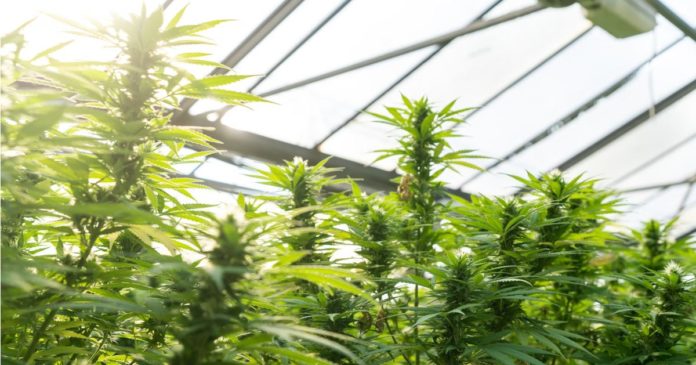In the USA, 21 attorneys general have urged the Committee On Agriculture to tighten up the definition of hemp in the new five-year reauthorization of the Farm Bill.
In the 2018 Farm Bill, hemp is defined as:
“the plant Cannabis sativa L. and any part of that plant, including the seeds thereof and all derivatives, extracts, cannabinoids, isomers, acids, salts, and salts of isomers, whether growing or not, with a delta-9 tetrahydrocannabinol [THC] concentration of not more than 0.3 percent on a dry weight basis.”
Beyond the 0.3 percent delta-9 THC threshold and hemp is considered marijuana, which remains illegal at a federal level.
But specifying delta-9 created a perceived loophole whereby other forms of THC could be legally produced by manipulating another legal but non-intoxicating cannabinoid derived from hemp – cannabidiol (CBD). Products exploiting this loophole have proliferated, and some states have scrambled to ban or heavily regulate hemp-derived cannabinoids. A very recent example is Wyoming, where a ban on hemp-derived THC in all its forms will come into effect this year.
The letter from the attorneys general to the Committee On Agriculture recognises the spirit of the 2018 Farm Bill, but says:
“Regardless of your Committees’ intentions, the reality is that this law has unleashed on our states a flood of products that are nothing less than a more potent form of cannabis, often in candy form that is made attractive to youth and children—with staggering levels of potency, no regulation, no oversight, and a limited capability for our offices to rein them in.”
The letter states the ambiguity of the 2018 Farm Bill’s wording has led to a “massive gray market”, worth an estimated $28 billion. It says without the protections granted by the 2018 Farm Bill, all intoxicating hemp products would be subject to the (also problematic) Federal Analogue Act, which allows any chemical intended for human consumption that is substantially similar to a controlled substance listed in either Schedule I or II to be treated as if it were listed in Schedule I.
The attorneys-general letter calls for an amendment of the definition of hemp to clarify that there is no federal loophole, and to reaffirm members of Congress do not intend to limit states in their restrictions or regulations related to cannabinoids or any other intoxicating derivatives of hemp.
The attorneys general to have signed the letter represent Indiana, Arkansas, California, Colorado, Connecticut, District of Columbia, Georgia, Hawaii, Iowa, Kansas, Maryland, Minnesota, Missouri, North Carolina, North Dakota, Oregon, Pennsylvania, South Dakota, Tennessee, Commonwealth of Virginia, and Washington.


